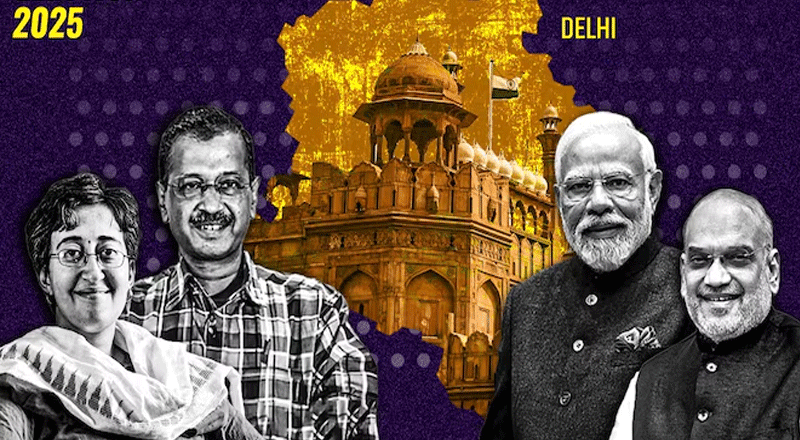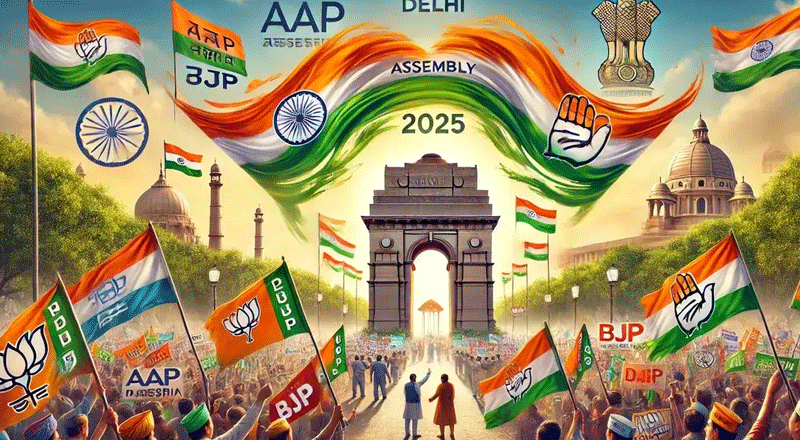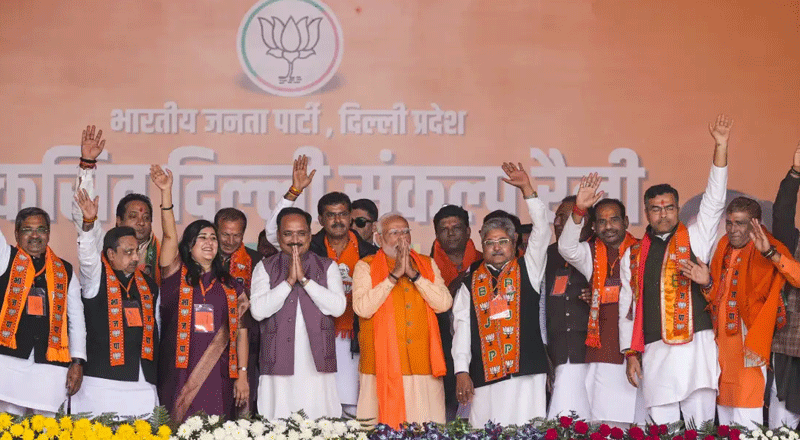Deportation, US Policy, and Political Reactions
The recent deportation of 104 Indian nationals from the United States has triggered significant political controversy in India. The deportees, who were allegedly subjected to harsh treatment, including being handcuffed throughout their journey, arrived in Amritsar on February 5 via a US Air Force aircraft. This incident is part of the broader crackdown on illegal immigration under the Donald Trump administration. The Indian opposition has strongly condemned the deportation process, labeling it as “inhumane” and demanding a firm diplomatic response from the Indian government. Amid these protests, External Affairs Minister S. Jaishankar addressed the Rajya Sabha, acknowledging the use of restraints as part of the US Standard Operating Procedure (SOP) and assuring engagement with US authorities on the matter.
Opposition Outrage and Parliamentary Protests
The deportation issue sparked heated debates in both houses of Parliament. Several opposition MPs, including Congress’s KC Venugopal, staged protests by wearing handcuffs to symbolize the plight of the deported Indians. As Parliament resumed, opposition leaders demanded an immediate discussion on the incident, leading to disruptions and protests in both the Lok Sabha and the Rajya Sabha.
Speaker Om Birla attempted to maintain order, urging MPs to refrain from “planned disruptions.” However, opposition members persisted, calling for the government to clarify its stance on the diplomatic measures being taken. Congress MP Shashi Tharoor criticized the Trump administration’s decision, arguing that while deportation is within legal rights, the treatment of Indian nationals in such a manner was an “insult to India’s dignity.”
Jaishankar’s Clarification on Deportation SOPs
Responding to the concerns, Jaishankar addressed the Rajya Sabha, emphasizing that India is engaging with the US administration to ensure that deported Indian citizens are treated with dignity. He acknowledged that the use of handcuffs was part of the US Immigration and Customs Enforcement (ICE) deportation procedure, which has been in place since 2012. He also clarified that while adult male deportees were restrained, women and children were exempt from such treatment.
Jaishankar further defended the government’s position, stating that it is the obligation of every country, including India, to accept its nationals who are found to be staying illegally in foreign nations. He reassured the opposition that diplomatic efforts are ongoing to prevent any mistreatment of deported individuals in the future.
Political Fallout and Continued Opposition Demands
Despite Jaishankar’s explanation, opposition parties continued to demand greater transparency and accountability. Congress, CPI, TMC, AAP, and CPM MPs united to question why the government had not acted proactively to prevent such incidents. KC Venugopal moved an adjournment motion in the Lok Sabha, seeking a detailed response from the Centre on diplomatic engagements with the Trump administration.
The controversy intensified when reports emerged that many of the deported individuals, primarily from Punjab, Haryana, and Gujarat, had undertaken dangerous ‘donkey route’ journeys to enter the US illegally. Several deportees shared accounts of their ordeal, stating they were unaware of their deportation until shortly before departure and remained shackled throughout the flight.
Jaishankar’s Diplomatic Assurance
As the political storm rages on, Jaishankar has reaffirmed India’s commitment to safeguarding the dignity of its citizens. While acknowledging that deportation follows international norms, he pledged continued engagement with US authorities to ensure humane treatment of deportees. The opposition remains unconvinced, pressing for stronger diplomatic action. The incident has not only highlighted the challenges of illegal immigration but has also put the Indian government under pressure to advocate more assertively for its citizens abroad. With global migration policies tightening, the need for diplomatic vigilance and structured immigration reforms remains critical.
(With inputs from agencies)





